Multifaceted Russia
A forward-looking research project that studies Russia by giving more prominence to diversity.
ABOUT
Multifaceted Russia
Multifaceted Russia is a forward-looking research project that seeks to renew our analysis practices by giving more prominence to diversity within Russia. It encourages moving away from patterns of understanding Russia through an exclusive focus on federal politics and processes in big urban centers. Instead, it directs the research cursor toward grassroots perspectives.
Decentering is not only about changing what we understand when we speak about Russia, but also about how we study it. The project draws on the idea that decentering cannot occur without a “de-Westernization” of Russian studies.
The project aims to facilitate the effective blending of qualitative and quantitative research methods. It also encourages diversity of voices from both scholarly and practice-oriented communities, fostering the visibility of underrepresented groups.
WHAT WE DO
Read our latest publications
Subcribe to our newsletter
You will be receiving bi-weekly newsletter with the most relevant Russia-related research news

